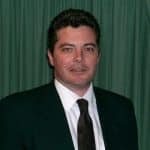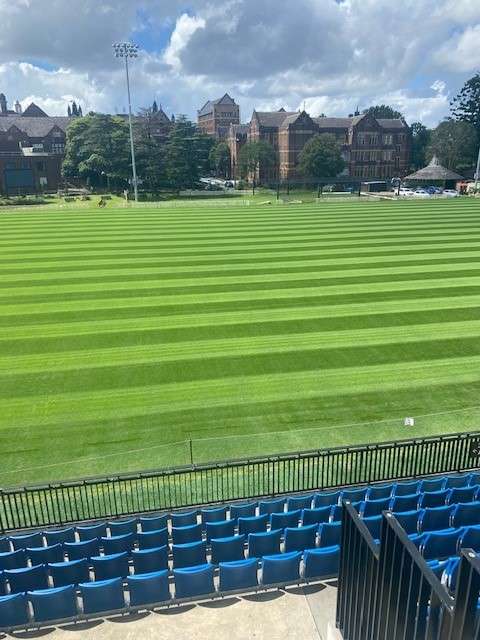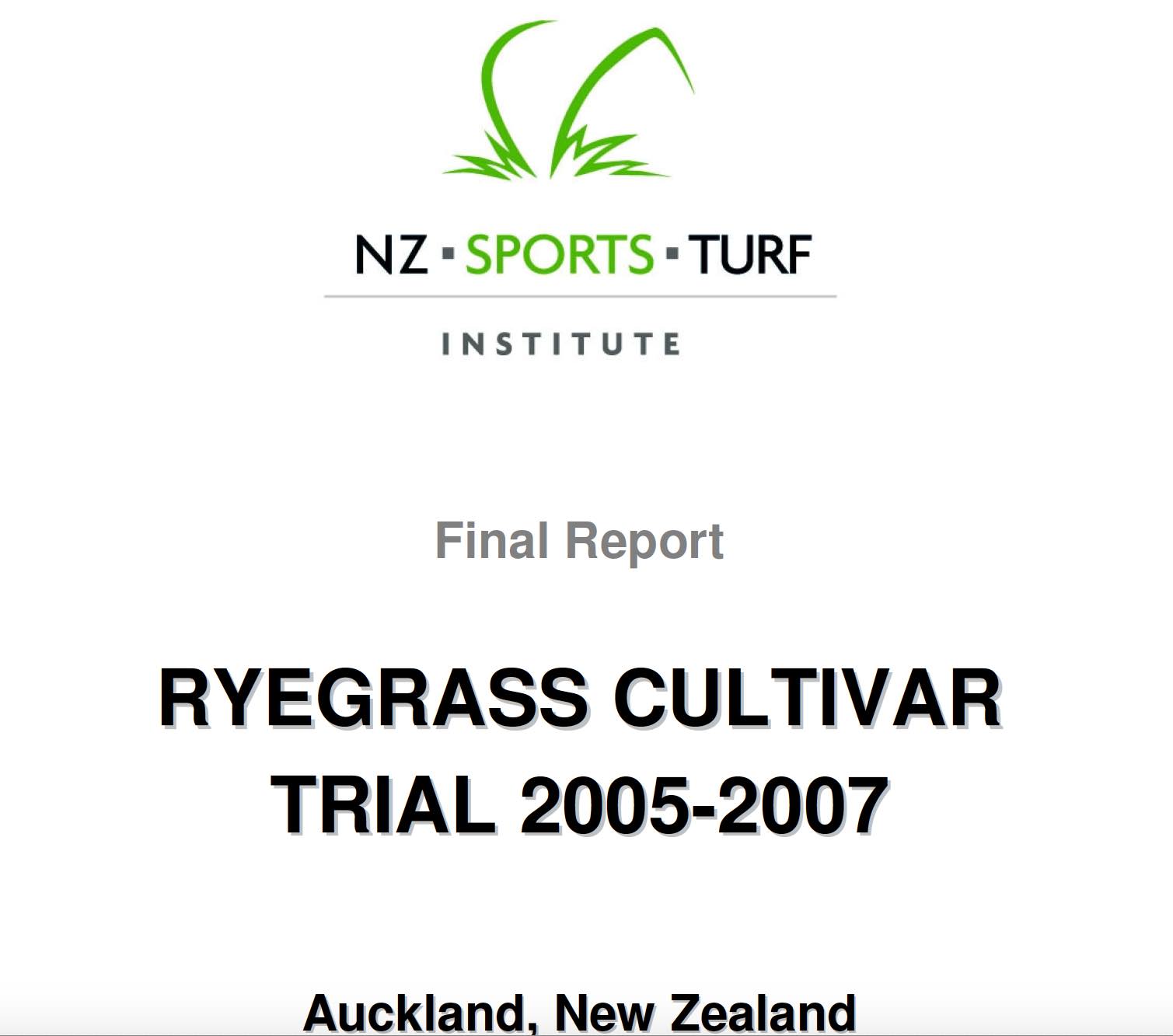NZ vs US turf ryegrass
When it comes to the choice between NZ and US turf type perennial ryegrass cultivars there is some confusion. Both of these perennial ryegrass varieties make contrasting claims about their respective performances. Newer US varieties like Intense perennial ryegrass claim exceptional wear tolerance, increased disease resistance and a dark green colour.
The problem is having looked at the research we think we have got confused and completely misunderstood it. The trial we refer to throughout this is available as a free download at the end of this report.
- Grass seed for oversowing couch.
- Improvements in Rye Cultivars give better results.
- Mediterranean turf ryegrass cultivars will germinate and establish more rapidly later in the autumn, in colder conditions;
- Mediterranean cultivars grow more over winter and
- They are better for managing winter grass.
- One thing that isn’t different is that they all are susceptible to sulfonylurea herbicides.
Mediterranean cultivars establish quicker in colder conditions.
Mediterranean cultivars grow more over winter.
With this one we thought no issue. New Zealand is generally regarded as being colder than Australia so these Auckland based trials should be a good test of ‘winter activity’. If the above statement is true then the NZ Mediterranean cultivars should outperform the Continental germplasm.
Poa management
The third advantage, is that Poa annua blends into the mid-green foliage of the Mediterranean cultivars. This is in contrast to the Continental turf type perennial ryegrass cultivars where it sticks out like the proverbial.

Jerry Spencer
Jerry has an Hons Degree in Soil Science (1988) from Newcastle Upon Tyne University. He then worked as a turf agronomist for the Sports Turf Research Institute (STRI) until 1993.
He gained a Grad Dip in Business Management from UTS in 1999. He has held a number of technical roles for companies such as Arthur Yates (Commercial Technical Manager) and Paton Fertilizers (Organic, turf specialty and controlled release fertiliser) portfolios.
In 2013 he established Gilba Solutions as independent sports turf consultants and turf agronomists. Jerry has written over 100 articles and two books on a wide range of topics such as Turf Pesticides and turfgrass Nutrition which have been published in Australia and overseas.


